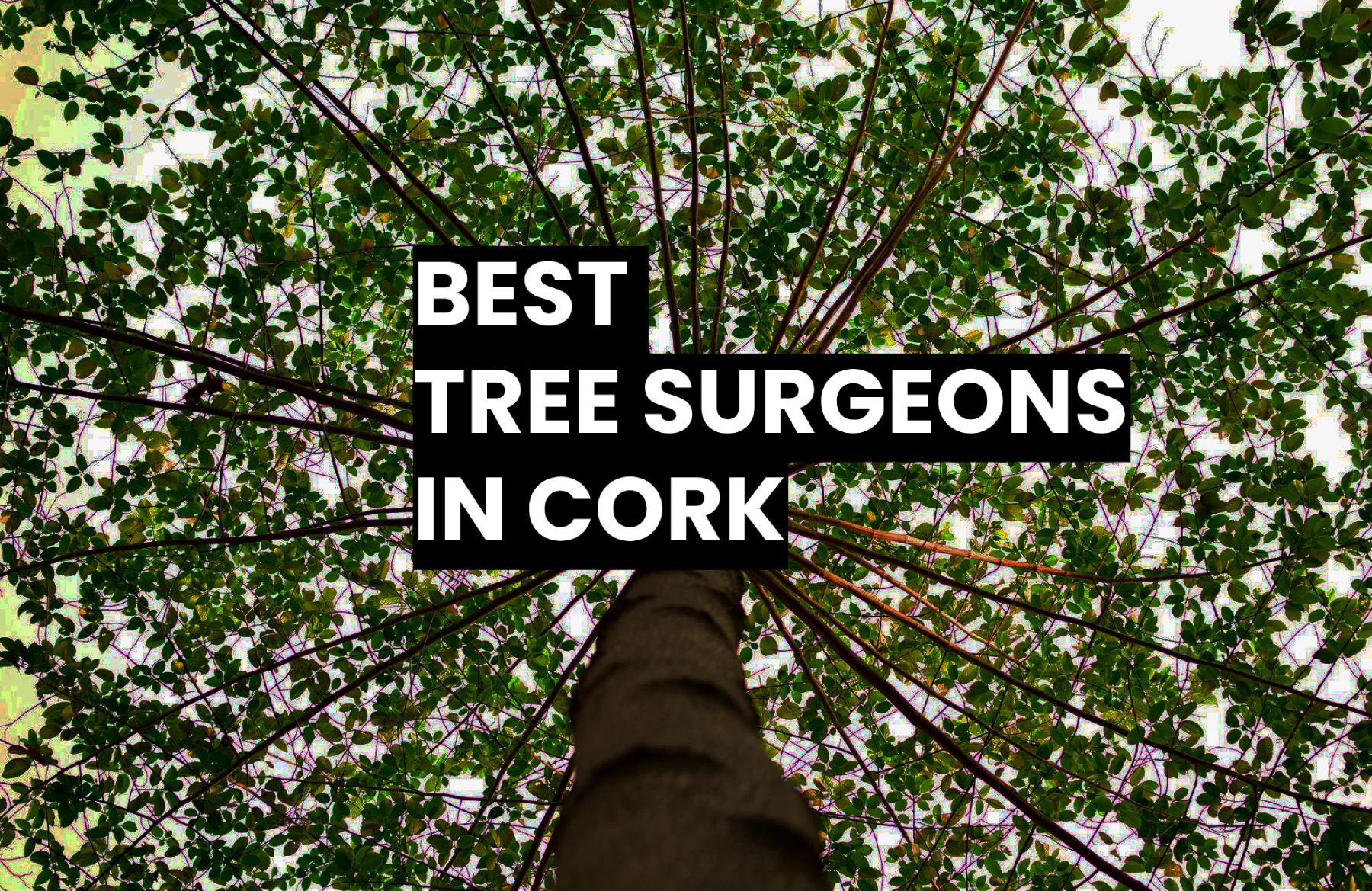Irish Business Awards
We carefully select the best companies in Ireland, covering various indutries. Top Rated Companies are listed for each industry with the best companies in Ireland being given the prestigious Irish Business Award.
Latest Reviews-
Online Presence
We carefully analyze the online presence of businesses, including website usability, social media engagement, and overall digital footprint.
-
Customer Reviews
Customer reviews play a pivotal role in our ratings, providing invaluable insights into the firsthand experiences of patrons.
-
Services
Businesses are rated based on the quality and range of their services, ensuring accurate evaluations for consumers.
Latest News
Best Tree Surgeons in Cork
Are you seeking professional arborists to care for your trees in Cork? Look no further! We've carefully compiled a list of the top three tree surgeon companies in Cork, renowned for their expertise, dedication, and commitment to preserving the health and beauty of your trees.
Read NowBest Window Cleaners in Cork
We've carefully curated a list of the top three window cleaning companies in Cork, renowned for their exceptional service, attention to detail, and commitment to delivering crystal-clear results.
Read NowBest Attic Conversion Companies in Limerick
Are you considering a transformative upgrade for your attic space? If so, you're in luck! We've curated a comprehensive list of the top three attic conversion companies in Limerick that are poised to breathe new life into your home's uppermost level.
Read Now








